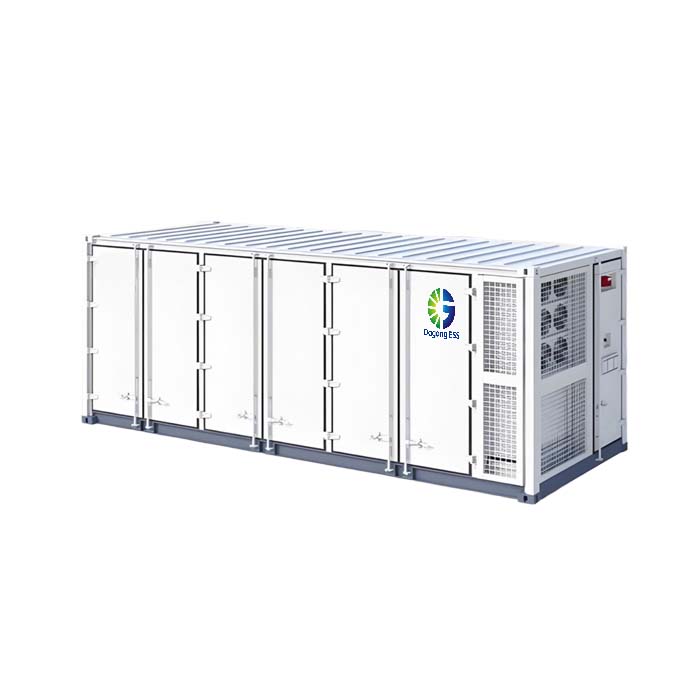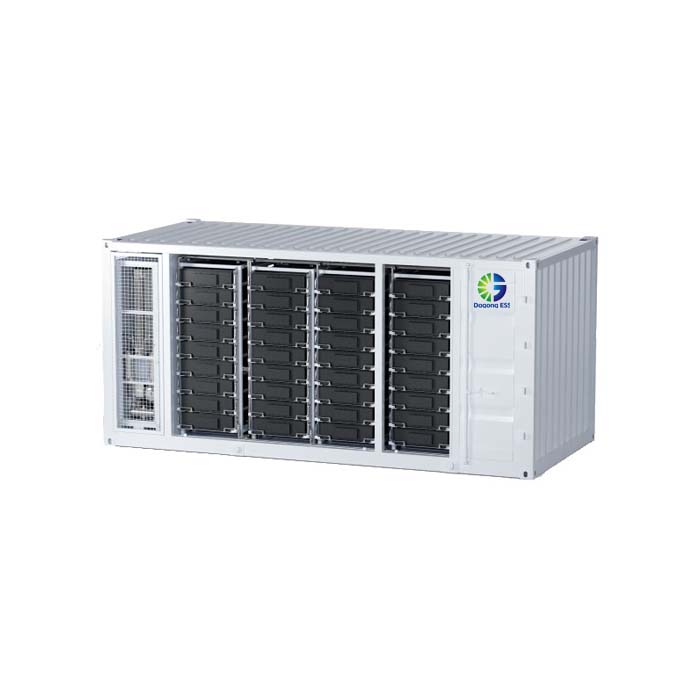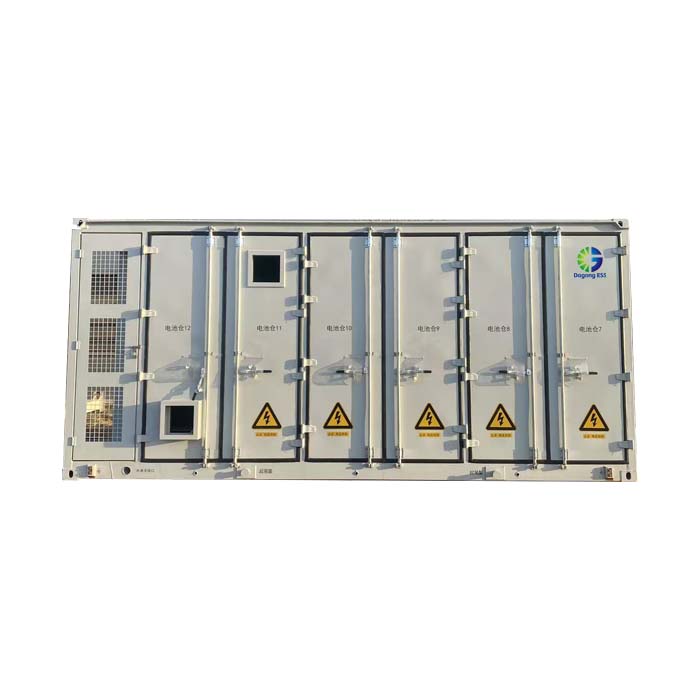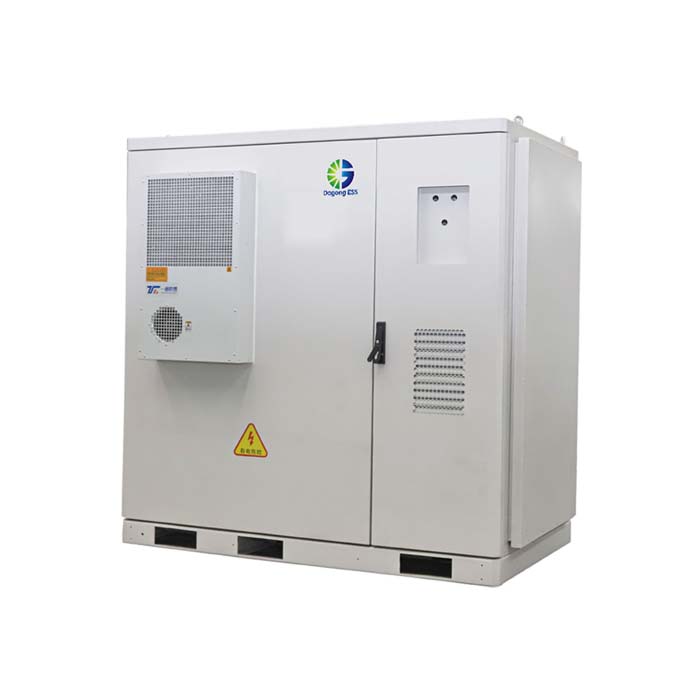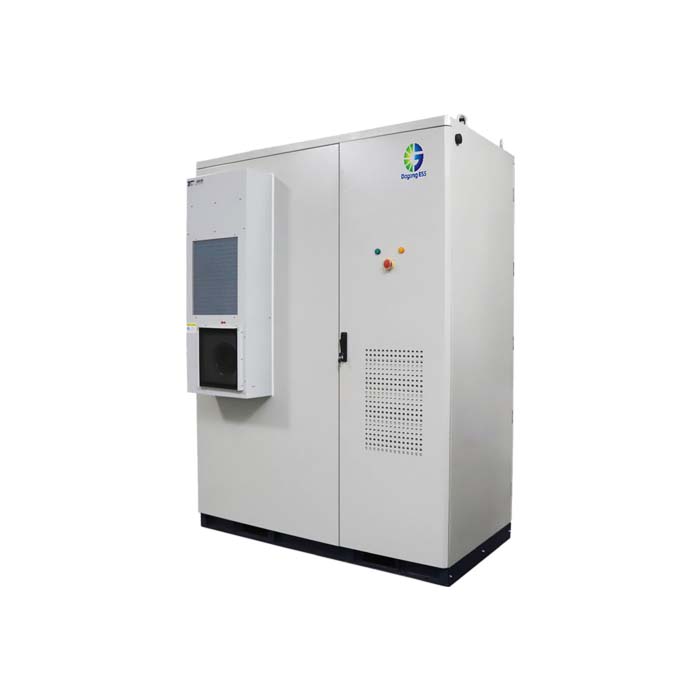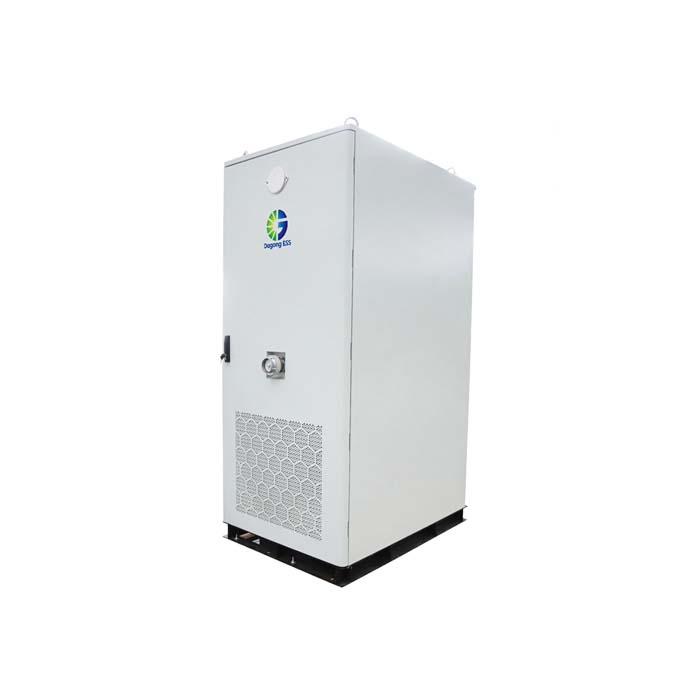Energy Storage Systems: Key Technologies, Benefits, and Future Applications
An Energy Storage System (ESS) is a technology that stores energy during periods of low demand or low electricity prices and releases it during peak demand or higher price periods. ESS can be based on electrochemical batteries, mechanical storage, or thermal systems. They play a vital role in renewable energy integration, grid frequency regulation, peak shaving, and improving energy utilization efficiency. As solar and wind power account for an increasing share of the global energy mix, energy storage has become essential for grid stability and energy transition.
Types of Energy Storage Systems
Common types of energy storage include:
Electrochemical storage: lithium-ion batteries, sodium-ion batteries, lead-carbon batteries; the most widely used technology today.
Mechanical storage: pumped hydro, compressed air, flywheels; mainly used for large-scale projects.
Thermal storage: molten salts or other media to store heat, often applied in concentrated solar power plants.
For commercial and grid-scale applications, lithium battery storage systems such as 100kWh battery cabinets, 1MW BESS solutions, and 5MWh containerized ESS are widely adopted for their high energy density and flexible deployment.
Features of Energy Storage Systems
Flexibility: applicable in residential, commercial, and utility-scale projects.
Efficiency: improves overall energy utilization by shifting energy usage.
Stability: mitigates renewable energy fluctuations and enhances power quality.
Scalability: from compact 100kWh systems to large 6.7MWh container ESS, modular expansion is possible.
Applications of Energy Storage Systems
Residential storage: paired with solar PV to increase self-consumption and reduce electricity bills.
Commercial & industrial storage: peak shaving, reducing demand charges, and serving as backup power.
Grid regulation: frequency control and balancing services to maintain grid stability.
Renewable integration: smooths out intermittent solar and wind generation, enhancing grid reliability.
In the market, solutions like 100kWh–144kWh air-cooled battery cabinets, 372kWh liquid-cooled BESS, and 3.35MWh/5MWh container ESS are widely deployed across commercial and utility projects.
Price of Energy Storage Systems
The cost of energy storage systems depends on multiple factors, including system capacity, storage duration, battery type, control software, installation conditions, and auxiliary equipment.
Pricing is usually quoted under international trade terms such as EXW, FOB, or CIF, depending on the project location and logistics preferences.
For a tailored quotation based on specific project needs, it is recommended to contact the supplier directly.
How to Select the Right Energy Storage System for Your Project?
Key considerations include:
Project scale and power requirements (e.g., residential 10kWh vs. commercial 1MW systems).
Application scenario (peak shaving, backup power, renewable integration).
Environmental conditions (temperature, humidity, indoor vs. outdoor installation).
System lifetime and maintenance costs (mainstream solutions offer over 8,000 cycles and 15+ years of service life).
How Long Do Energy Storage Systems Last?
Mainstream lithium-ion BESS typically deliver 6,000–8,000 cycles, equivalent to 10–15 years of service life. Liquid-cooled systems and large-scale container ESS provide improved thermal management, enabling longer lifetimes and higher investment returns.
The Supplier of Energy Storage Systems
As demand for energy transition grows, suppliers offer diverse solutions in terms of technology, capacity, and cost. In the market, products like 100kWh battery cabinets, 215kWh liquid-cooled ESS, and 5MWh modular container ESS are widely available to meet various project requirements. Choosing the right supplier is key to long-term system reliability and ROI.
If you are interested in Energy Storage System products, please contact Dagong ESS,
Email: sales@dagongess.com


